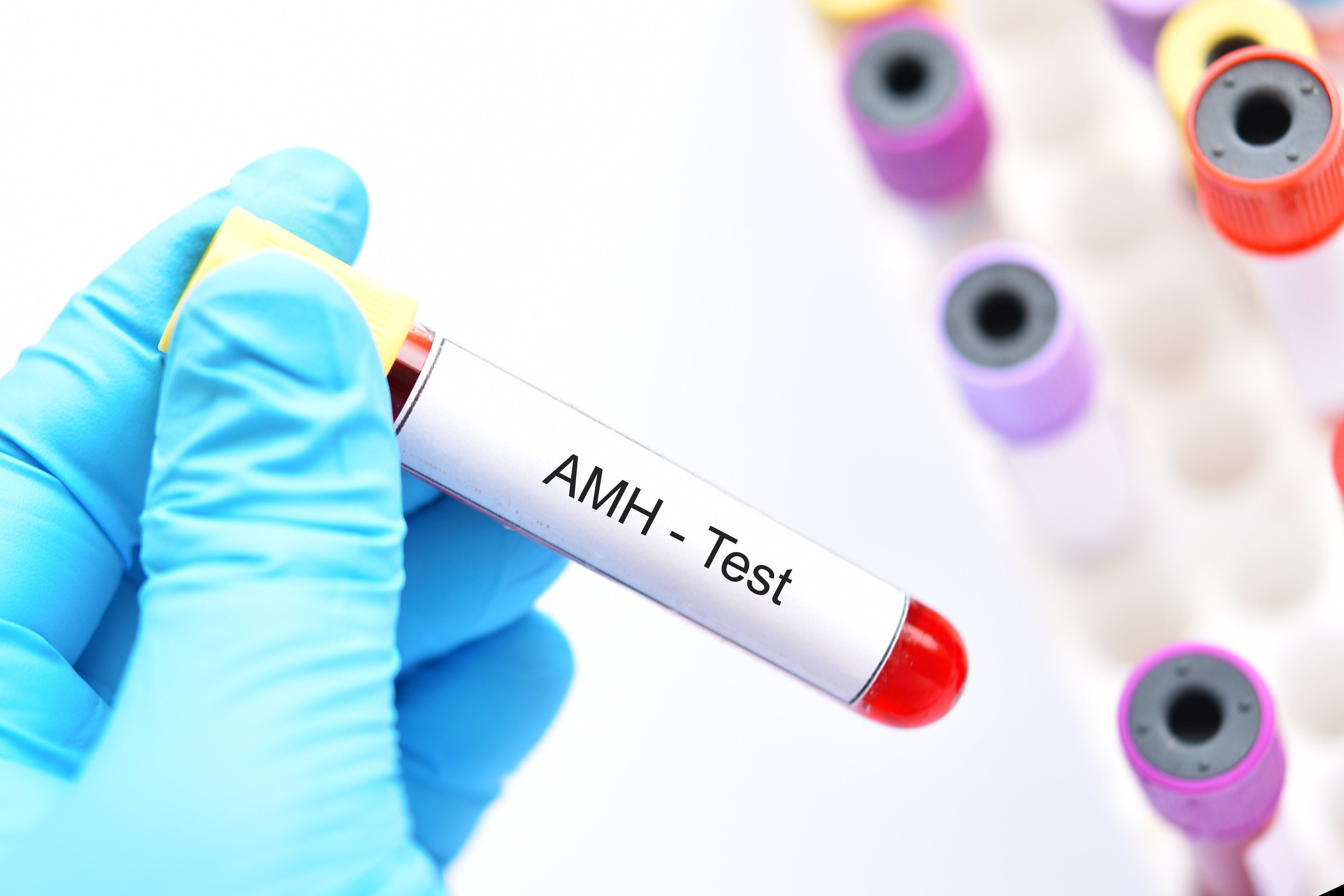Does Fertility Affect the Risk For Obesity and Diabetes?
For years the controversy regarding the connection between reproductive health and body mass index has raged on, leaving women and their doctors with more questions than answers. Are overweight women less fertile? Does primary ovarian insufficiency increase risks for obesity and diabetes?
jarun011@AdobeStock_233559099

For years the controversy regarding the connection between reproductive health and body mass index has raged on, leaving women and their doctors with more questions than answers. Are overweight women less fertile? Does primary ovarian insufficiency increase risks for obesity and diabetes?
According to a new study published online in Menopause, the journal of The North American Menopause Society (NAMS), the answer is a resounding no. The study found no correlation between ovarian reserve and obesity and glucose metabolism.
Ovarian reserve has been defined as the number and quality of a woman's eggs. A low ovarian reserve means that the number and/or quality of eggs a woman has is low for her age, making it more difficult for her to become pregnant. But low ovarian reserve can have other health ramifications beyond fertility. A number of previous studies have suggested that a lower reserve is linked to an increase in the storage of fat and impaired ability to process insulin, putting a woman at greater risk for diabetes.
However, in this latest study involving more than 1,000 participants and follow-up of 16 years, researchers concluded that a woman's level of ovarian reserve was not associated with her risk of becoming obese or diabetic. The study specifically evaluated changes in a woman's level of antimüllerian hormone (AMH), a hormone circulating in the blood that is considered a marker of ovarian reserve. AMH helps to estimate the duration of a woman's reproductive lifespan, and the results, which appeared in the article, "Do trends of adiposity and metabolic parameters vary in women with different ovarian reserve status? A population-based cohort study," ultimately determined hat this biomarker does not predict cardiometabolic risk.
"Although previous research has clearly established a link between early menopause and cardiovascular disease risk, the present study showed that lower ovarian reserve, as measured by a single AMH level, was not associated with greater over time trends in adiposity and markers of glucose metabolism. Additional study is needed to determine how best to predict cardiometabolic risk in women with and without primary ovarian insufficiency in order to initiate appropriate risk reduction strategies," says Dr. Stephanie Faubion, NAMS medical director.
However, although a woman's circulating AMH levels may not necessarily be a risk factor for diabetes and obesity, a number of lifestyle factors like diet, emotional stress and physical activity levels, are still likely to impact both fertility and metabolic disease, complicating the relationship between fertility and metabolism. For example, diets high in sugar and saturated fats, as well as having a BMI>30 are asociated with poor fertility outcomes in both women and men.